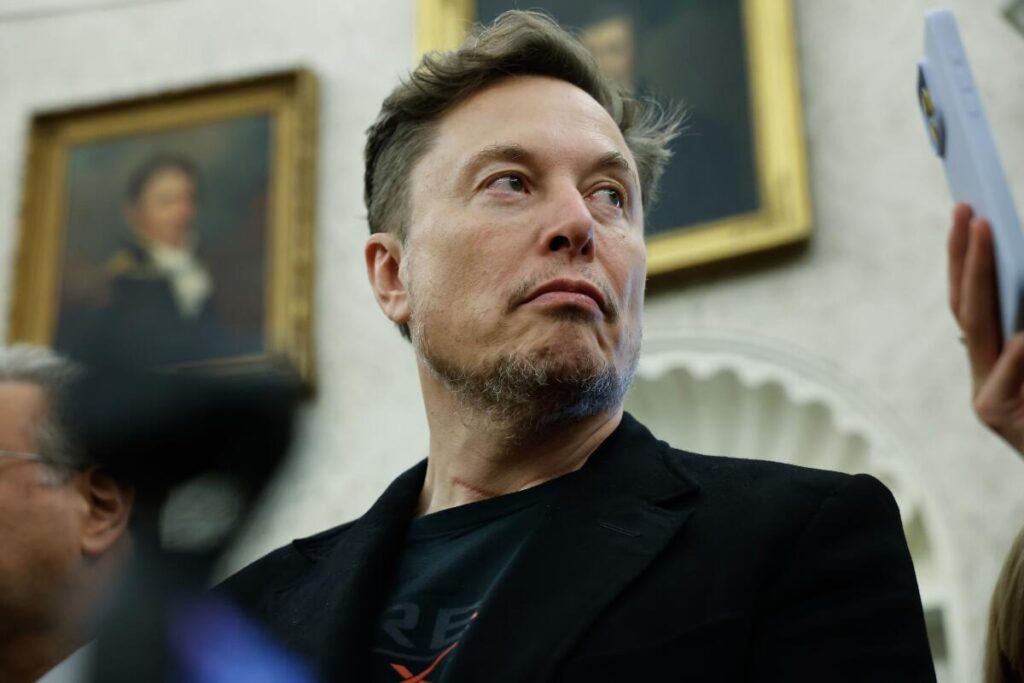Elon Musk has officially stepped down from his position as a special government employee and top adviser to U.S. President Donald Trump. On Wednesday night (local time), Musk took to X to announce his exit, stating that his scheduled term had come to an end. He thanked President Trump for the opportunity to work on reducing government waste and said the DOGE mission to streamline federal spending will continue gaining strength.
Exit Follows Criticism of Tax and Immigration Bill
Musk’s resignation comes shortly after his public criticism of Trump’s signature legislative proposal, a large-scale tax and immigration reform bill known by Trump as the “big beautiful bill.” Musk had questioned the feasibility of such a bill, saying during a CBS interview, “I think a bill can be big or it can be beautiful, but I don’t know if it can be both.” A White House official later confirmed Musk’s exit on condition of anonymity.

Support from Fiscal Conservatives
Musk’s remarks resonated with some Republicans, especially fiscal conservatives. Senator Ron Johnson from Wisconsin expressed sympathy with Musk’s frustration, noting that there is likely enough internal opposition among Republicans to stall the bill until the administration addresses spending concerns more seriously.
Trump Defends the Bill
In response to criticism, President Trump defended the legislation, calling it the outcome of complex political negotiations. While admitting some dissatisfaction with parts of it, he said he was pleased with other components. “We’re going to see what happens. It’s got a way to go,” Trump remarked from the Oval Office.
Senate Debate Ahead
The bill, which recently passed the Republican-led House, is now with the Senate. Debate there is expected to be intense. House Speaker Mike Johnson has cautioned senators against making major amendments, warning that the bill’s “very delicate balance” could be lost if altered significantly. Once the Senate version is finalised, the House will need to vote again.
Growing Tensions in GOP
Musk’s departure underscores internal divisions within the Republican Party over fiscal policy and the path forward for the bill. It also marks the end of his formal role in advising the administration on cutting bureaucracy and government inefficiency.
